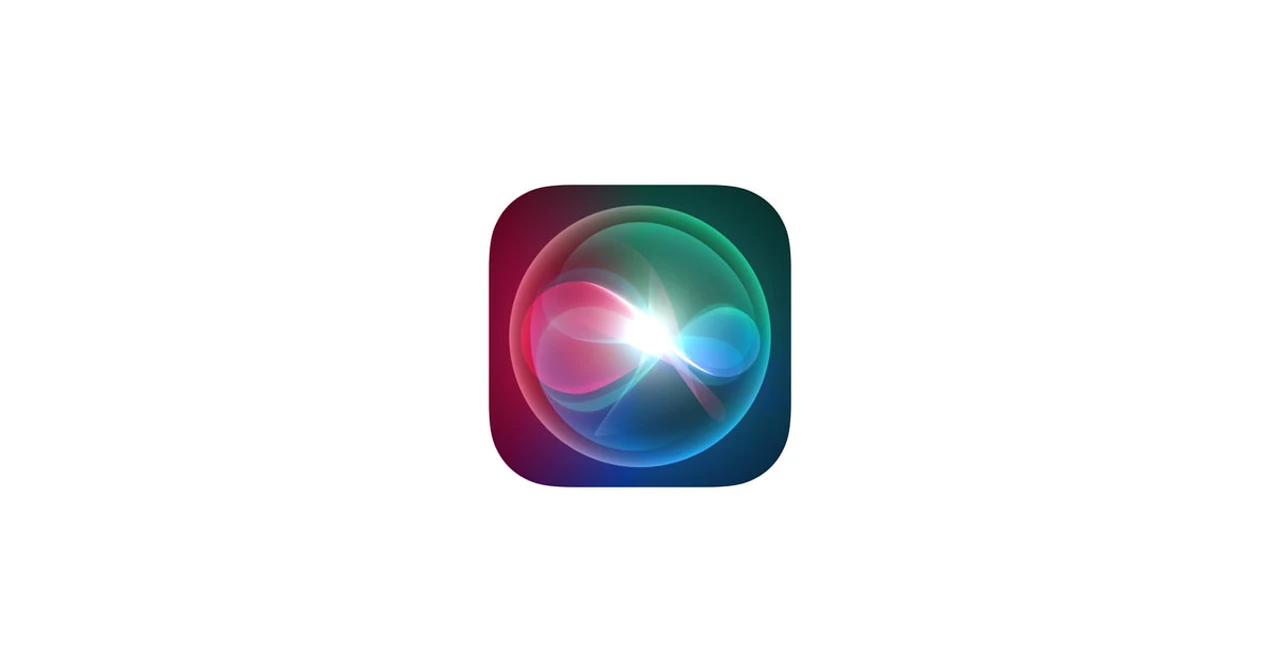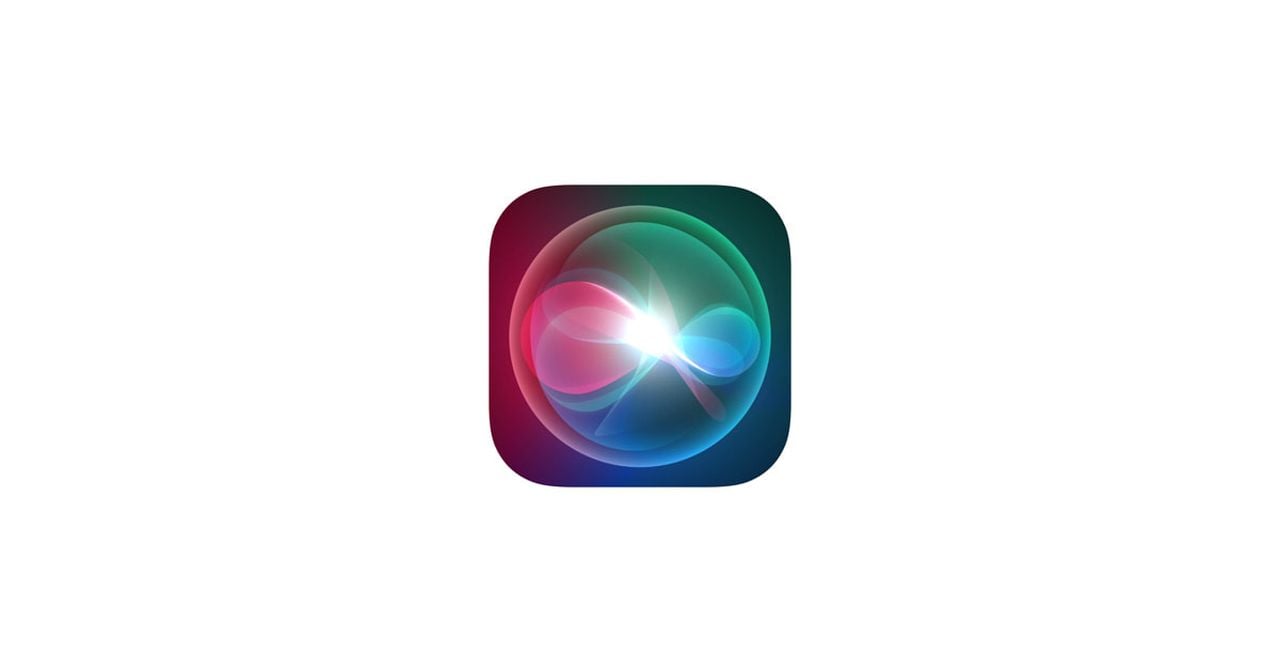
Thanks to new updates released by Apple to its Siri personal assistant users can now easily access Health app data and log workouts using voice commands. With the release of watchOS 10.2, iOS 17.2, and iPadOS 17.2, Siri can now assist users in accessing and logging their Health app data on a range of Apple devices.
This new capability is available on the Apple Watch Series 9, Apple Watch Ultra 2, iPhone, and iPad. It is facilitated by the new S9 SiP chip, which allows these devices to process Siri requests on-device. This on-device processing ensures that users’ Health app data remains on their device, providing an additional layer of privacy protection.
Apple Siri updates
Siri’s new Health app feature is not limited to a few data types. Instead, it can respond to queries related to over 20 types of Health app data stored on these devices. This means users can ask Siri about a wide array of health metrics, including exercise, step count, distance walked or biked, heart rate, blood oxygen, sleep duration, blood glucose level, and blood pressure. Not only can Siri provide insights into these health metrics, but it can also log information such as medication intake, weight, menstrual cycle, blood sugar, blood pressure, and body temperature. For example, users can now ask Siri…
- How does my Move ring look today?
- Did I close my Exercise ring?
- What’s my step count?
- How far have I walked this week?
- How far did I bike yesterday?
- What’s my heart rate?
- What’s my blood oxygen?
- How much did I sleep last night?
- How much have I slept this week?
- What’s my blood glucose level?”
- What was my blood pressure yesterday?
Logging workouts and more using Siri voice commands
- I took my 8 a.m. medications.
- Log that I took my multivitamin.
- I weigh 167 pounds.
- My period started today.
- Log that I have spotting today.
- My blood sugar is 122.
- Record my blood pressure as 118 over 76.
- Log my body temperature as 98.3 degrees.
The ability to log certain data, such as blood glucose level and blood pressure, does require a third-party monitor connected to the Health app. Furthermore, to log medication data, users must set up a medications list in the Health app. These requirements ensure that the data logged by Siri is accurate and reliable, supporting users in their health management efforts.
At present, these Siri features are available in English (United States) and Mandarin Chinese (China mainland), with plans to add more languages in the future. This language support will undoubtedly expand Siri’s reach, making the health management features more accessible to a broader audience.
The compatibility of this feature extends to various iPad models. These include the iPad Pro 12.9-inch (3rd generation and later), iPad Pro 11-inch (1st generation and later), iPad Air (3rd generation and later), iPad mini (5th generation and later), and iPad (8th generation and later). This wide range of compatible devices ensures that a significant number of Apple users can benefit from Siri’s new Health app capabilities.
The release of watchOS 10.2, iOS 17.2, and iPadOS 17.2 has brought with it a significant upgrade to Siri’s capabilities. With the ability to access and log Health app data, Siri can now assist users in managing their health metrics more efficiently. This feature, combined with the on-device processing for privacy protection, further cements Apple’s commitment to providing a comprehensive and secure health management experience. Here are some other articles you may find of interest on the subject of Apple Siri.
Filed Under: Apple, Top News
Latest timeswonderful Deals
Disclosure: Some of our articles include affiliate links. If you buy something through one of these links, timeswonderful may earn an affiliate commission. Learn about our Disclosure Policy.

